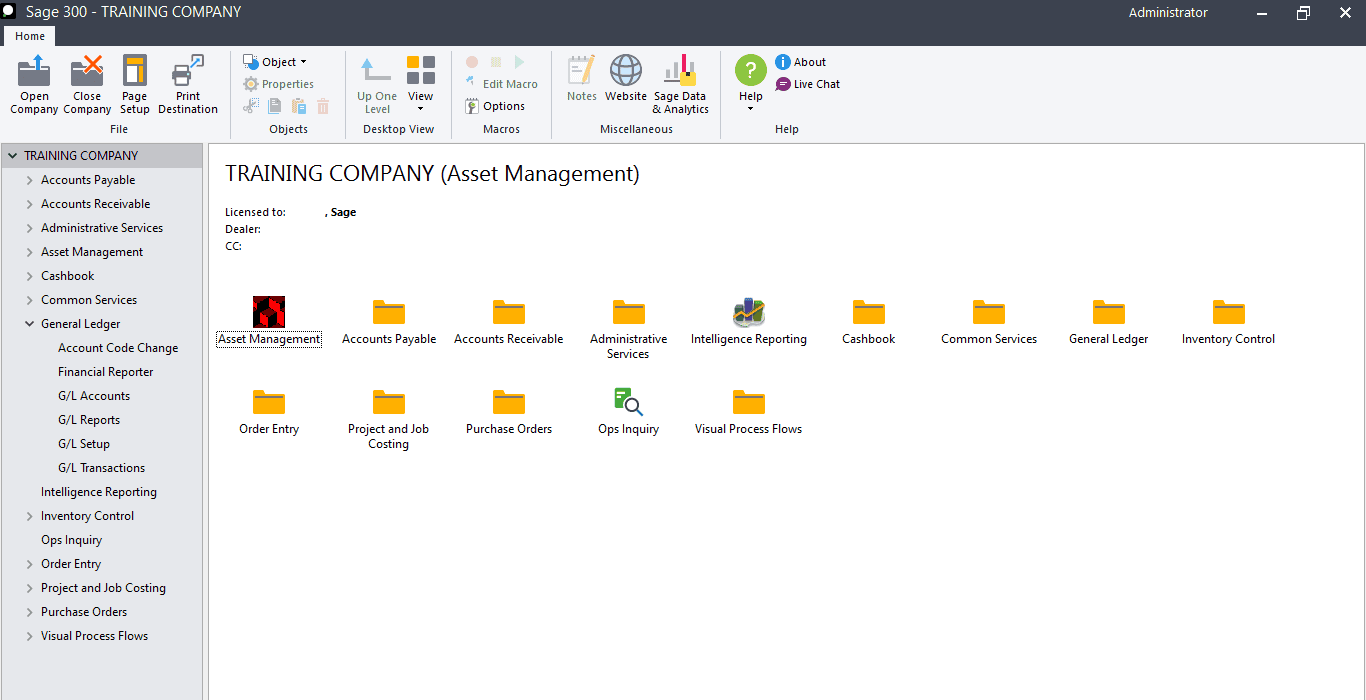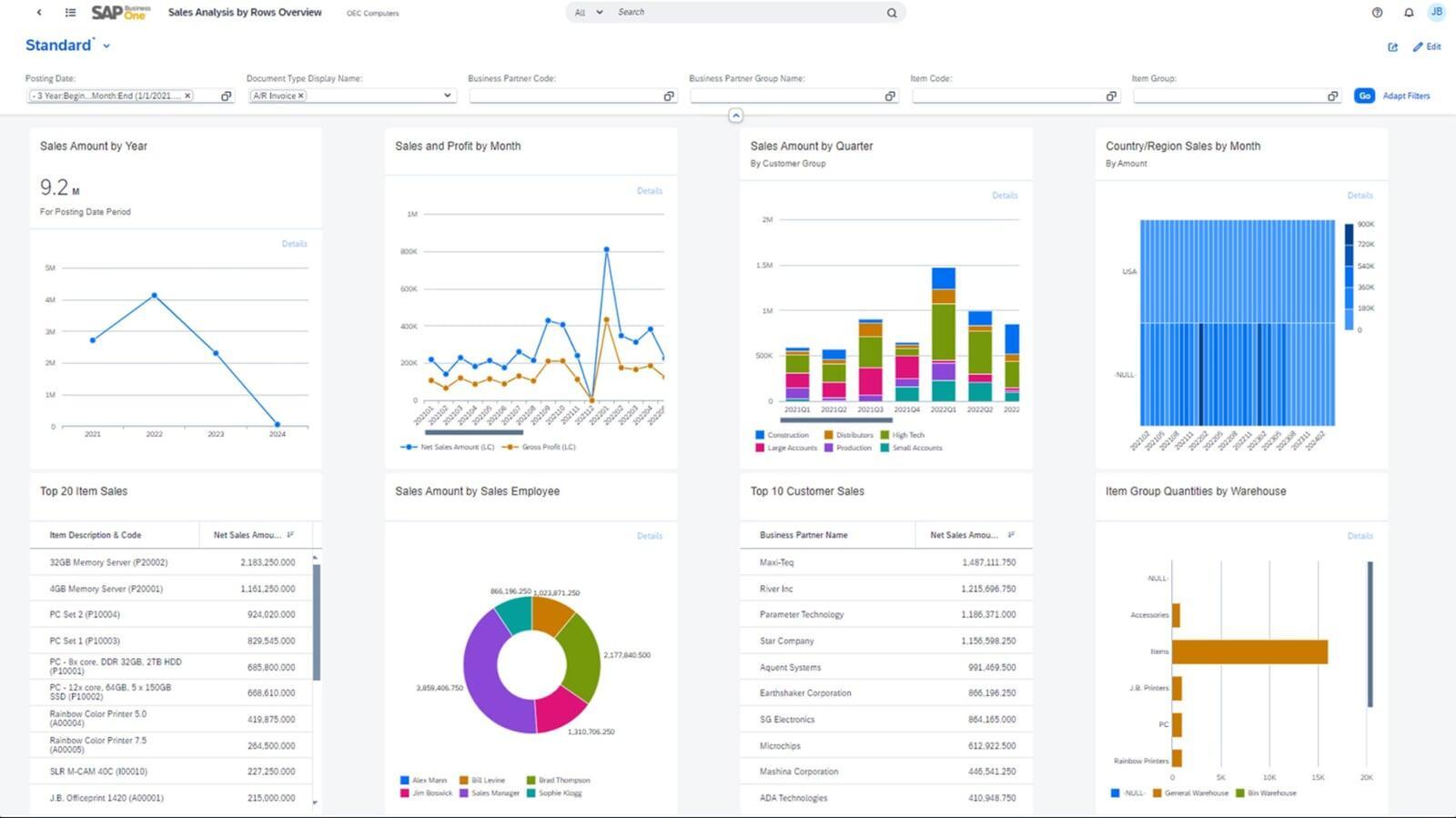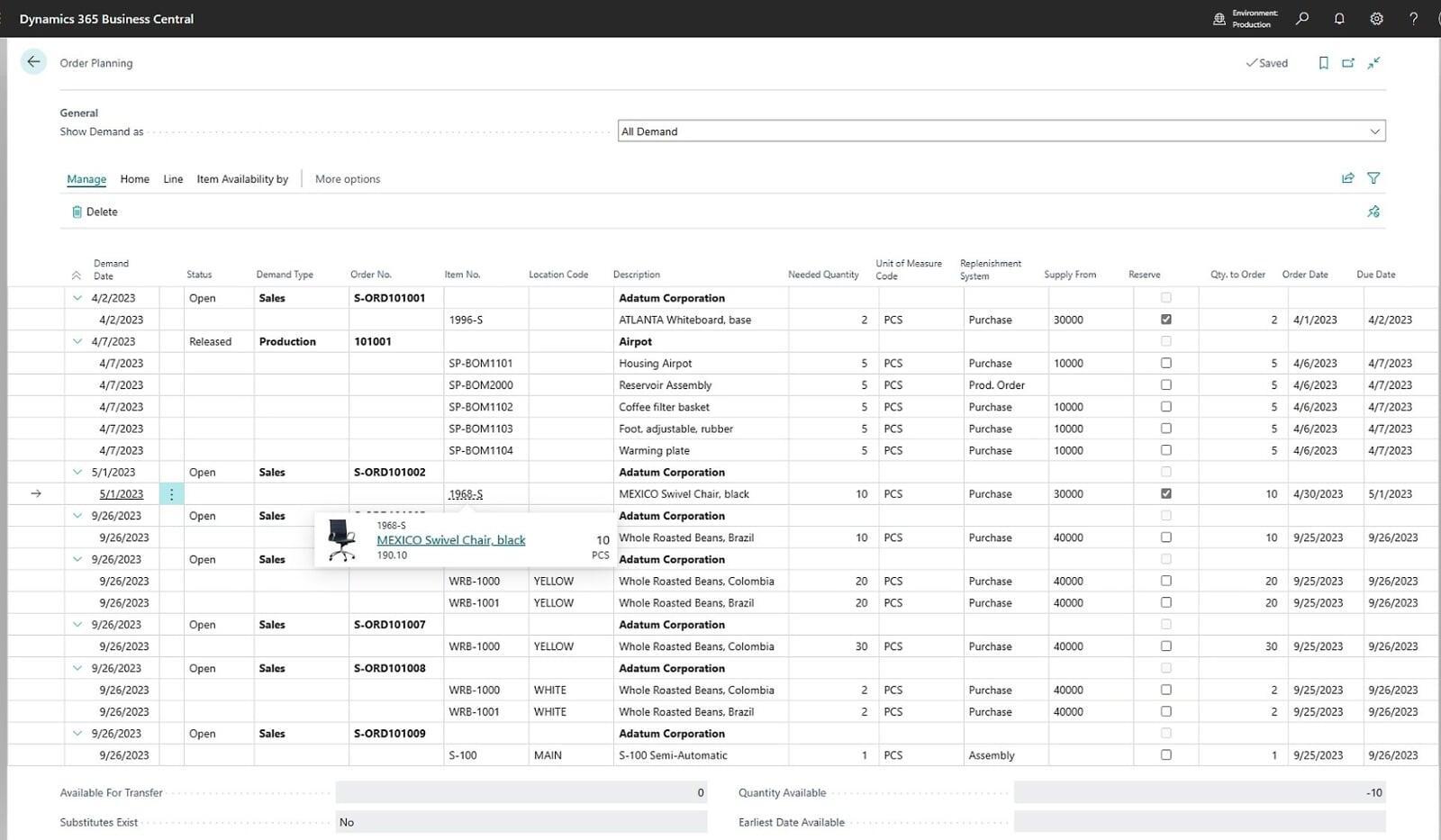Africa’s manufacturing sector is undergoing a real shift, which is not just because of foreign investments or growing demand, but because its industries are finally embracing technology that works. At the core of this change is what are known as Enterprise Resource Planning (ERP) systems.
These tools might not make headlines, but they’re making a big difference behind the scenes. ERP tools are helping African manufacturers solve real problems such as stock-outs, production delays, disconnected teams, and poor financial visibility. With the right ERP in place, factories can track raw materials in real time, sync operations from the warehouse to the shop floor, and make faster and smarter business decisions.
In this article, we break down the essential ERP tools that are driving Africa’s industrial growth and why your industry can’t afford to ignore them.
The best ERP tools for African manufacturing industries are; Sage 300cloud, Odoo ERP, SAP Business One, Microsoft Dynamics 365, Zoho One Suite, and ERPNext.
Why African Manufacturing Companies Need ERP Systems
Africa's manufacturing industry has shown a sharp growth curve in the last decade. Nigeria, Egypt, Kenya, and South Africa are leading the way. But despite this growth, many companies/factories still operate with disconnected systems like spreadsheets for inventory, notebooks for sales, and isolated teams for operations.
Here’s why that needs to change:
1. To Compete Globally
Local production is no longer enough. African factories are now exporting more, facing competition from Asian, American, and European producers. Without a centralized system like ERP, it’s hard to meet international quality, compliance, and delivery standards.
2. To Manage Rising Costs
From raw materials to logistics, costs are rising. ERP tools help manufacturers track where every Naira and Cedi is going, making it easier to cut waste and improve margins.
3. To Scale Smarter
As demand increases, businesses need to scale. But scaling without systems leads to disorderliness. ERP platforms make growth manageable by automating routine tasks, improving planning, and reducing human error.
4. To Attract Investment
Investors prefer organized businesses. If you are running a company and can show real-time data from a dashboard, not just Excel sheets; you become a more attractive partner for banks, venture capital, or government support.
The Top ERP Tools for African Manufacturers
Sage 300cloud, Odoo ERP, SAP Business One, Microsoft Dynamics 365, Zoho One Suite, and ERPNext. These have been selected based on affordability, localization, industry-specific tools, and customer support availability on the continent.
1. Sage 300cloud
Sage 300cloud is a robust ERP solution that’s well-suited for medium to large manufacturing companies operating across multiple locations.
Features:
Advanced Inventory and Warehouse
Production Planning
Multicurrency and Multilingual Support
Local Tax Compliance (VAT, PAYE)
Financial Reporting Tools

2. Odoo ERP
Odoo is a modular, open-source ERP that gives manufacturing companies in Africa the freedom to start small and add features as needed. It’s widely adopted in Nigeria, Kenya, and South Africa.
Features:
Manufacturing Module
Sales, Inventory, and Purchasing
Large Library of Plugins
Multi-Language, Company, and Location
Customizable Workflows
3. SAP Business One
SAP Business One is a premium ERP system known for its deep functionality and international reliability. It’s ideal for export-oriented manufacturers and complex operations.
Features:
Material Requirements Planning (MRP)
Business Intelligence Dashboards
Quality Control and Compliance Tracking
Global Tax Support
API and Integration Tools

4. Microsoft Dynamics 365 Business Central
Business Central is a cloud-first ERP from Microsoft that provides a seamless experience for companies already using Microsoft Office tools.
Features:
Integration with Excel, Outlook, and Teams
Production Order Management
Cash Flow Forecasting
AI-Powered Insights
Global Tax Regulatory Compliance

5. Zoho ERP Suite
Zoho’s modular approach makes it an affordable and flexible ERP option for small to mid-sized manufacturers.
Features:
Inventory Tracking and Stock Alerts
Custom Workflows with Zoho Creator
Integrated Finance and Invoicing with Zoho Books
Cloud-Based Automation
Integration with CRM, HR, and E-Commerce Tools
6. ERPNext
ERP Comparison Table: Features, Pricing & Support
| Feature/Tool | Zoho ERP | Sage 300c | SAP Business One |
| Pricing (Est.) | From $50/user/month | From $100/user/month | From $200/user/month |
| Deployment | Cloud-based | On-premise and cloud | On-premise and cloud |
| Customization | High (with Zoho Creator) | Medium | High |
| Mobile Access | Yes | Limited | Yes |
| Inventory Management | Yes | Limited | Yes |
| Multi-currency | Yes | Limited | Yes |
| Support in Africa | Strong (Nigeria, Kenya, SA) | Very strong | Strong |
| Best For | Small to Medium Businesses | Medium Businesses | Small Businesses |
FAQs
CONCLUSION AND RECOMMENDATIONS
Africa’s rise in manufacturing is real, and it’s just getting started. But companies can’t rely on hustle alone. To produce better, grow smarter, and compete globally, they need systems that can keep up.
At Droidedge Consulting, we help African manufacturers choose and implement ERP systems that fit their needs. Let’s help you find the right fit and grow from chaos to structure. Book a free consultation with us here.
